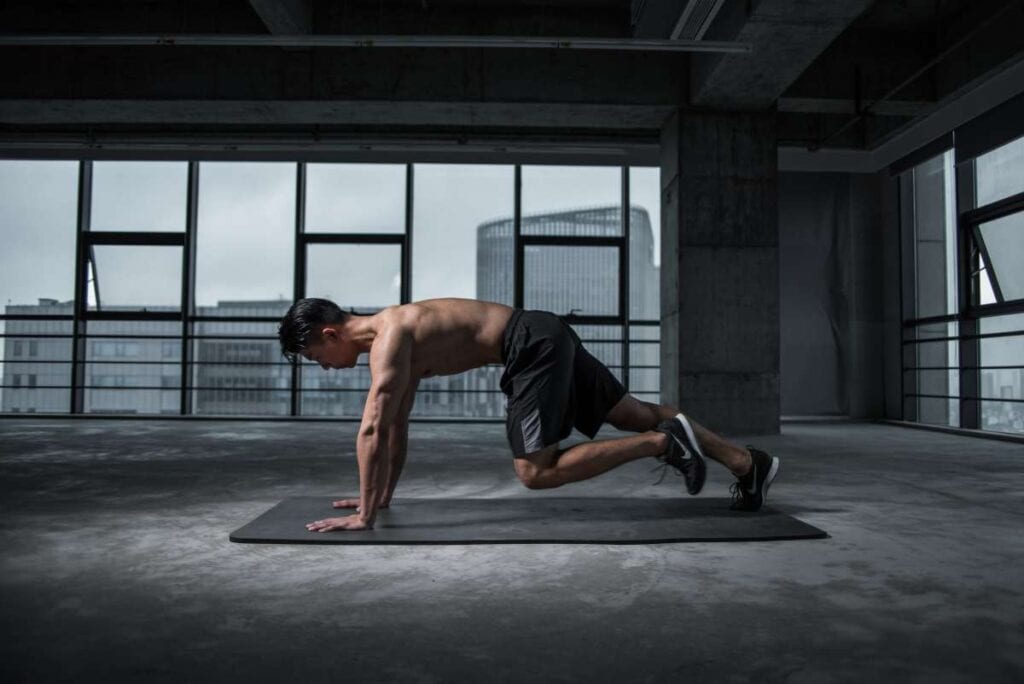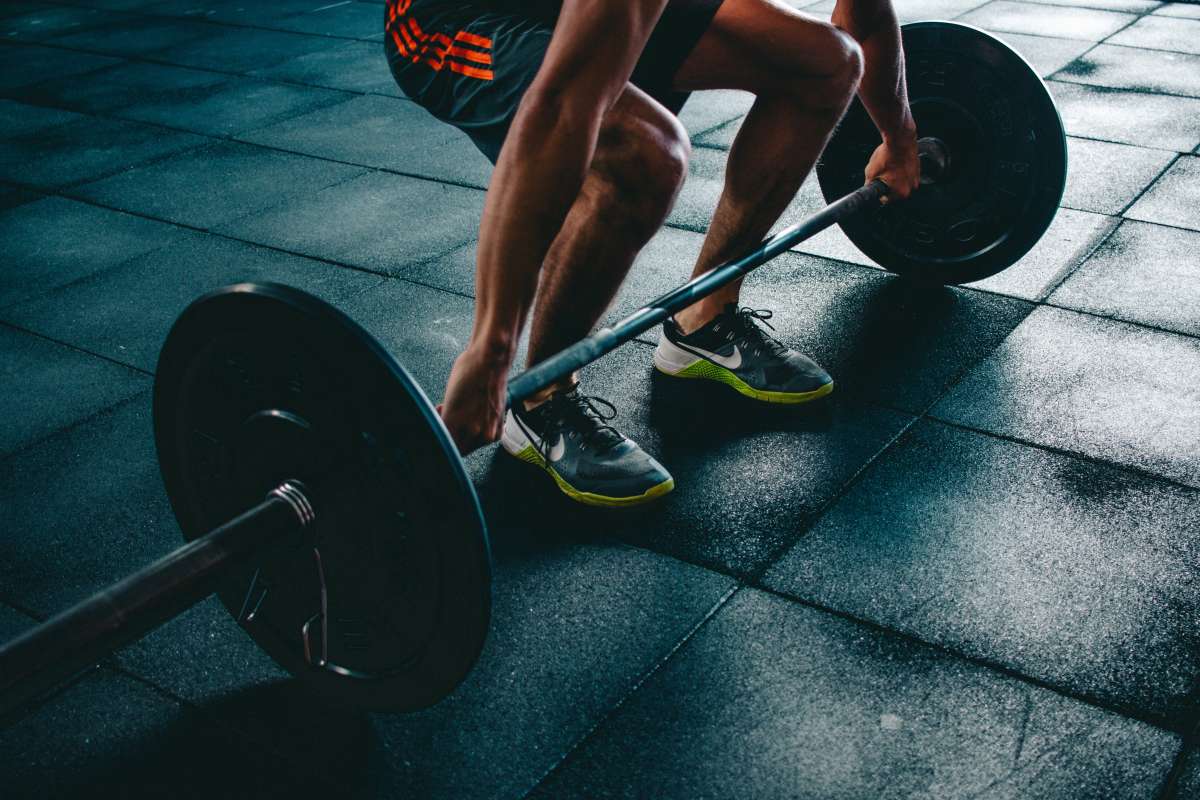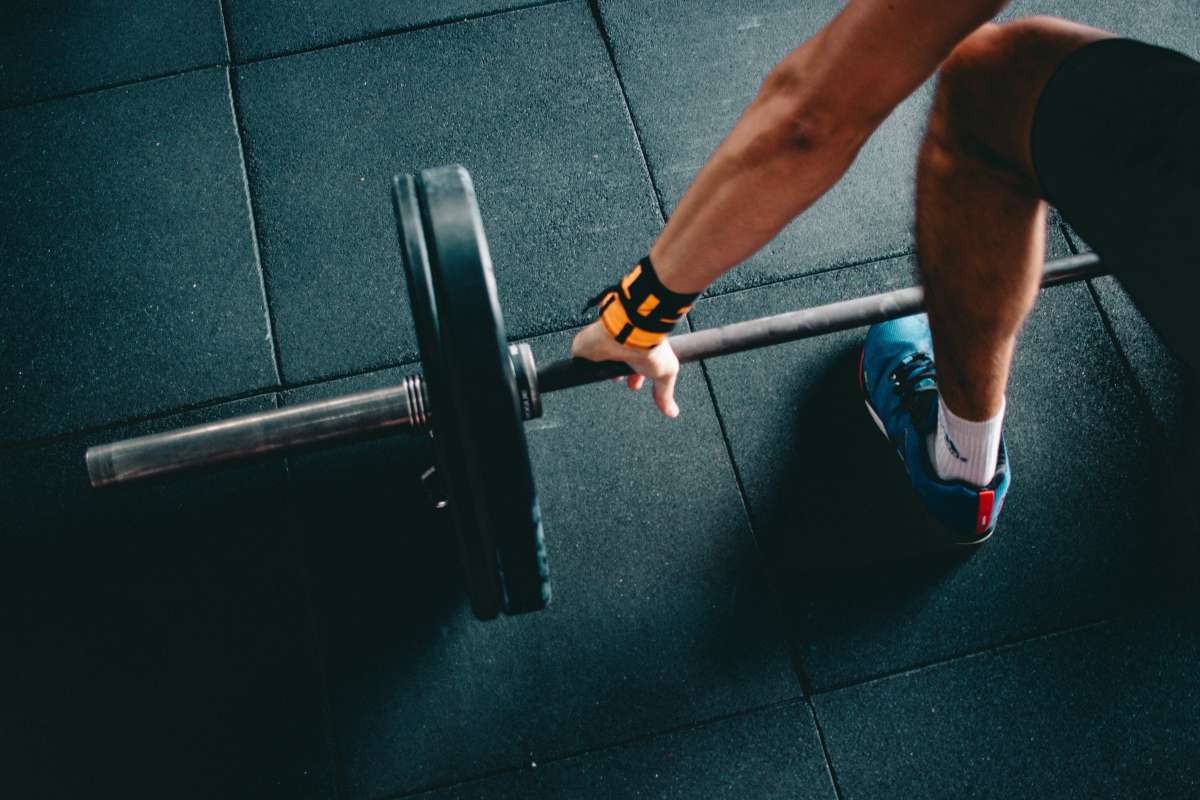Do you want to live a long, healthy life? If so, fitness is one of the most important things you can focus on. Being physically active has improved your overall health and reduce your risk of chronic diseases, such as heart disease, stroke and diabetes. So if you’re looking for ways to improve your well-being, start by making fitness a priority. There are many different ways to get moving, so find something that works best for you and get started today!
Fitness FAQs
Exercise is powerful medicine. Exercise is an important part of a healthy lifestyle. Exercise prevents health problems, builds strength, boosts energy, and can help you reduce stress. It can also help you maintain healthy body weight and curb your appetite.
Try to get 30 minutes of physical activity each day that increases your heart rate or challenges your breathing in whatever number of sessions. Three 10-minute segments are just as good as one 30-minute session. Walk, run, or ride a bike. Try an at-home yoga, cardio, or dance exercise video.
Conclusion. Overall, Body By Rings is one of the best programs you can do to build muscle by bodyweight exercises. It effectively allows the user to progress over time using a combination of compound and isolation exercises to target the full scope of upper body muscles.
Hypertrophy increases the size of cells (or tissues) in response to various stimuli. A typical example is a muscular hypertrophy in response to exercise. Exercise stimulates skeletal and cardiac muscle fibres to increase diameter and accumulate more structural contractile proteins.
How Exercise Improves Mood. When you engage in high-intensity exercise, your body and brain produce hormones and neurotransmitters that positively impact your mood, memory, energy levels, and sense of well-being. 1 Some of these are known as endorphins, the body's feel-good chemicals.
The Importance Of Physical Fitness
To put it simply, physical activity and exercise are important for everyone. Children, adolescents, and adults of all ages need regular physical activity. Physical activity promotes good health, and you should stay active throughout all stages of your life regardless of your body type or BMI.
Understanding the benefits of physical fitness and knowing how active you should be can help you maintain good health and improve your overall quality of life. Here are a few benefits of regular physical activity that demonstrate the importance of physical fitness.
Save Money
According to the Centers for Disease Control and Prevention, chronic diseases cause 7 out of 10 deaths in the U.S. and treating chronic diseases accounts for 86% of U.S. healthcare costs. While some diseases cannot be prevented, you can reduce your risk for certain diseases – such as heart disease and diabetes – by reducing risky behaviours and living a healthy lifestyle.
Making healthy choices, such as engaging in regular physical activity, can reduce your risk for many health issues and complications that can result in expensive medical care.
Increase Your Life Expectancy
Numerous studies have shown that regular physical activity increases life expectancy and reduces the risk of premature mortality. Unfortunately, there’s not a magic formula that translates hours of physical activity into hours of life gained. Still, research suggests that more active people tend to be healthier and live longer.
Reduce Your Risk Of Injury
Regular exercise and physical activity increase muscle strength, bone density, flexibility, and stability. Physical fitness can reduce your risk for and resilience to accidental injuries, especially as you get older. For example, stronger muscles and better balance mean that you’re less likely to slip and fall, and stronger bones mean that you are less likely to suffer bone injuries should you take a tumble.
Improve Your Quality Of Life
A sedentary lifestyle and a lack of physical activity can take a toll on a person’s body. Physical inactivity is associated with an increased risk for certain types of cancer, numerous chronic diseases, and mental health issues. Exercise, however, has been shown to improve mood and mental health and provides numerous health benefits. Of course, physical fitness also allows you to do things that you may not otherwise be able to do.
Stay Active
Staying active and healthy allows you to do activities that require a certain level of physical fitness. For example, hiking to the top of a mountain is a rewarding experience that instils a sense of accomplishment and spectacular scenery. Still, some people cannot experience this due to fitness limitations.
But even walking around the zoo with your family or playing on the playground with your children can be challenging for those who neglect physical activity for extended periods. Being active means that it’s easier to stay active as you get older.
Improve Your Health
There are numerous health advantages to physical fitness. Regular exercise and physical activity promote strong muscles and bones. It improves respiratory, cardiovascular health, and overall health. Staying active can also help you maintain a healthy weight, reduce your risk for type 2 diabetes and heart disease, and reduce your risk for some cancers.
In other words, staying active is crucial for maintaining good health and wellness.
Benefits Of Regular Physical Activity
You know exercise is good for you, but do you know how good? From boosting your mood to improving your sex life, find out how exercise can improve your life.
Want to feel better, have more energy and even add years to your life? Just exercise.
The health benefits of regular exercise and physical activity are hard to ignore. Everyone benefits from exercise, regardless of age, sex or physical ability.
Need more convincing to get moving? Check out these seven ways that exercise can lead to a happier, healthier you.
Exercise Controls Weight
Exercise can help prevent excess weight gain or help maintain weight loss. When you engage in physical activity, you burn calories. The more intense the activity, the more calories you burn.
Regular trips to the gym are great but don't worry if you can't find a large chunk of time to exercise every day. Any amount of activity is better than none at all. To reap the benefits of exercise, get more active throughout your day — take the stairs instead of the elevator or rev up your household chores. Consistency is key.
Exercise Combats Health Conditions And Diseases
Worried about heart disease? Hoping to prevent high blood pressure? No matter your current weight, being active boosts high-density lipoprotein (HDL) cholesterol, the "good" cholesterol, and decreases unhealthy triglycerides. This one-two punch keeps your blood flowing smoothly, which decreases your risk of cardiovascular diseases.
Regular exercise helps prevent or manage many health problems and concerns, including:
- Stroke
- Metabolic syndrome
- High blood pressure
- Type 2 diabetes
- Depression
- Anxiety
- Many types of cancer
- Arthritis
- Falls
It can also help improve cognitive function and helps lower the risk of death from all causes.
Exercise Improves Mood
Need an emotional lift? Or need to destress after a stressful day? A gym session or brisk walk can help. Physical activity stimulates various brain chemicals that may leave you feeling happier, more relaxed and less anxious.
You may also feel better about your appearance and yourself when you exercise regularly, boosting your confidence and improving your self-esteem.
Exercise Boosts Energy
Winded by grocery shopping or household chores? Regular physical activity can improve your muscle strength and boost your endurance.
Exercise delivers oxygen and nutrients to your tissues and helps your cardiovascular system work more efficiently. And when your heart and lung health improve, you have more energy to tackle daily chores.
Exercise Promotes Better Sleep
Struggling to sleep? Regular physical activity can help you fall asleep faster, get better sleep and deepen your sleep. Just don't exercise too close to bedtime, or you may be too energized to go to sleep.
Exercise Puts The Spark Back Into Your Sex Life
Do you feel too tired or out of shape to enjoy physical intimacy? Regular physical activity can improve energy levels and increase your confidence in your physical appearance, boosting your sex life.
But there's even more to it than that. For example, regular physical activity may enhance arousal for women. And men who exercise regularly are less likely to have problems with erectile dysfunction than men who don't exercise.
Exercise Can Be Fun And Social!
Exercise and physical activity can be enjoyable. They give you a chance to unwind, enjoy the outdoors or simply engage in activities that make you happy. Physical activity can also help you connect with family or friends in a fun social setting.
So take a dance class, hit the hiking trails or join a soccer team. Find a physical activity you enjoy, and do it. Bored? Try something new, or do something with friends or family.
What Are Some Benefits Of Exercise?
Experts recommend that teens get 60 minutes or more of moderate to vigorous physical activity each day. Here are some reasons why:
- Exercise benefits every part of the body, including the mind. Exercise improves brain health and learning. It can help people sleep better. When you exercise, your body makes chemicals that help you feel good. Exercise lowers your chances of depression and decreases feelings of anxiety. Plus, exercise can give you a real sense of accomplishment and pride at having achieved a goal — like mastering a new dance routine or beating an old time in the 100-meter dash.
- Exercise helps people keep a healthy weight and lower their risk of some diseases. Exercising regularly can help prevent weight gain, type 2 diabetes, heart disease, and high blood pressure. Bone-strengthening exercises — like jumping, running, or lifting weights — can help keep bones strong.
- Exercise can help a person age well. This may not seem important now, but your body will thank you later. Regular exercise improves the quality of life — the ability to enjoy things — as you get older. It can improve brain health and reduce the chance of getting Alzheimer’s (a brain disease that causes memory loss). Exercising can help prevent falls and injuries from falls.
Three parts of a balanced exercise routine include aerobic exercise, strength training, and flexibility activities.
How Can I Get Aerobic Exercise?
Like other muscles, the heart enjoys a good workout. Aerobic exercise is any exercise that gets the heart pumping and gets you breathing harder. When you regularly give your heart and lungs this kind of workout, they get stronger and are better at getting oxygen (in the form of oxygen-carrying blood cells) to all parts of your body.
You're probably getting at least 60 minutes or more of moderate to vigorous activity on practice days if you play team sports. Some team sports that give you a great aerobic workout are basketball, soccer, lacrosse, hockey, and rowing.
But if you don't play team sports, don't worry — there are plenty of ways to get aerobic exercise. These include biking, running, swimming, dancing, in-line skating, tennis, cross-country skiing, hiking, and walking quickly.
What About Strength Training?
The heart isn't the only muscle to benefit from regular exercise. The other muscles in your body enjoy exercise too. When you use your muscles, they become stronger.
Strong muscles are also a plus because they support your joints and help prevent injuries. Muscle-strengthening activities can also be bone-strengthening.
You don't have to lift weights to strengthen your muscles and bones. Instead, different types of exercise strengthen different muscle groups. For example:
- For arms, try rowing or cross-country skiing. Those old gym class standbys, pull-ups and push-ups are also good for building arm muscles.
- For strong legs, try running, biking, rowing, or skating. Squats and leg raise also work the legs.
- You can't beat rowing, yoga or pilates, and planks and crunches for abdominal and core strength.
How Can I Build Flexibility?
Strengthening the heart, muscles, and bones isn't the only important exercise goal. Exercise can also help the body stay flexible, meaning that your muscles and joints stretch and bend easily.
Being flexible may also help improve a person's sports performance. Some activities, like dance or martial arts, require great flexibility. But increased flexibility also can help people perform better in other sports, such as soccer or lacrosse.
Sports and activities that encourage flexibility are easy to find. Martial arts like karate, ballet, gymnastics, and yoga are good choices. Stretching after your workout will also help you improve your flexibility.
How Can I Keep It Going?
One of the biggest reasons people drop an exercise program is lack of interest: If what you're doing isn't fun, it's hard to keep it up. But there are many different sports and activities to see which one inspires you. If you need a little more motivation, take a class, join a team, or find an exercise buddy to help keep you on track.
Talk to someone, like a coach or fitness expert at a gym, who can help you get started on a program that's right for you and your fitness level.
Everyone can benefit from moving more and sitting less, even those with disabilities or medical problems like asthma. However, if you have a health problem or other concern (like being out of shape), talk to your doctor before beginning an exercise plan.
Considering all the health benefits of being physically active, it's easy to see why exercise is wise. And the great thing about exercise is that it's never too late to start. Small things can count as exercise — like taking a short bike ride, walking the dog, or raking leaves. If you are new to exercise, start with a few minutes a day and slowly build to the recommended amount of at least 60 minutes.
The Bottom Line On Exercise
Exercise and physical activity are great ways to feel better, boost your health and have fun. For most healthy adults, the U.S. Department of Health and Human Services recommends these exercise guidelines:
- Aerobic activity. Get at least 150 minutes of moderate aerobic activity or 75 minutes of vigorous aerobic activity a week or moderate and vigorous activity. The guidelines suggest that you spread out this exercise over a week. To provide even greater health benefits and assist with weight loss or maintaining weight loss, at least 300 minutes a week is recommended. But even small amounts of physical activity are helpful. Being active for short periods throughout the day can provide a health benefit.
- Strength training. Do strength training exercises for all major muscle groups at least two times a week. Aim to do a single set of each exercise using a weight or resistance level heavy enough to tire your muscles after about 12 to 15 repetitions.
Moderate aerobic exercise includes brisk walking, biking, swimming and mowing the lawn. Vigorous aerobic exercise includes running, heavy yard work and aerobic dancing. Strength training can include using weight machines, body weight, heavy bags, resistance tubing or resistance paddles in the water, or activities such as rock climbing.
If you want to lose weight, meet specific fitness goals or get even more benefits, you may need to ramp up your moderate aerobic activity.
Remember to check with your doctor before starting a new exercise program, especially if you have any concerns about your fitness, haven't exercised for a long time, or have chronic health problems, such as heart disease, diabetes or arthritis.



